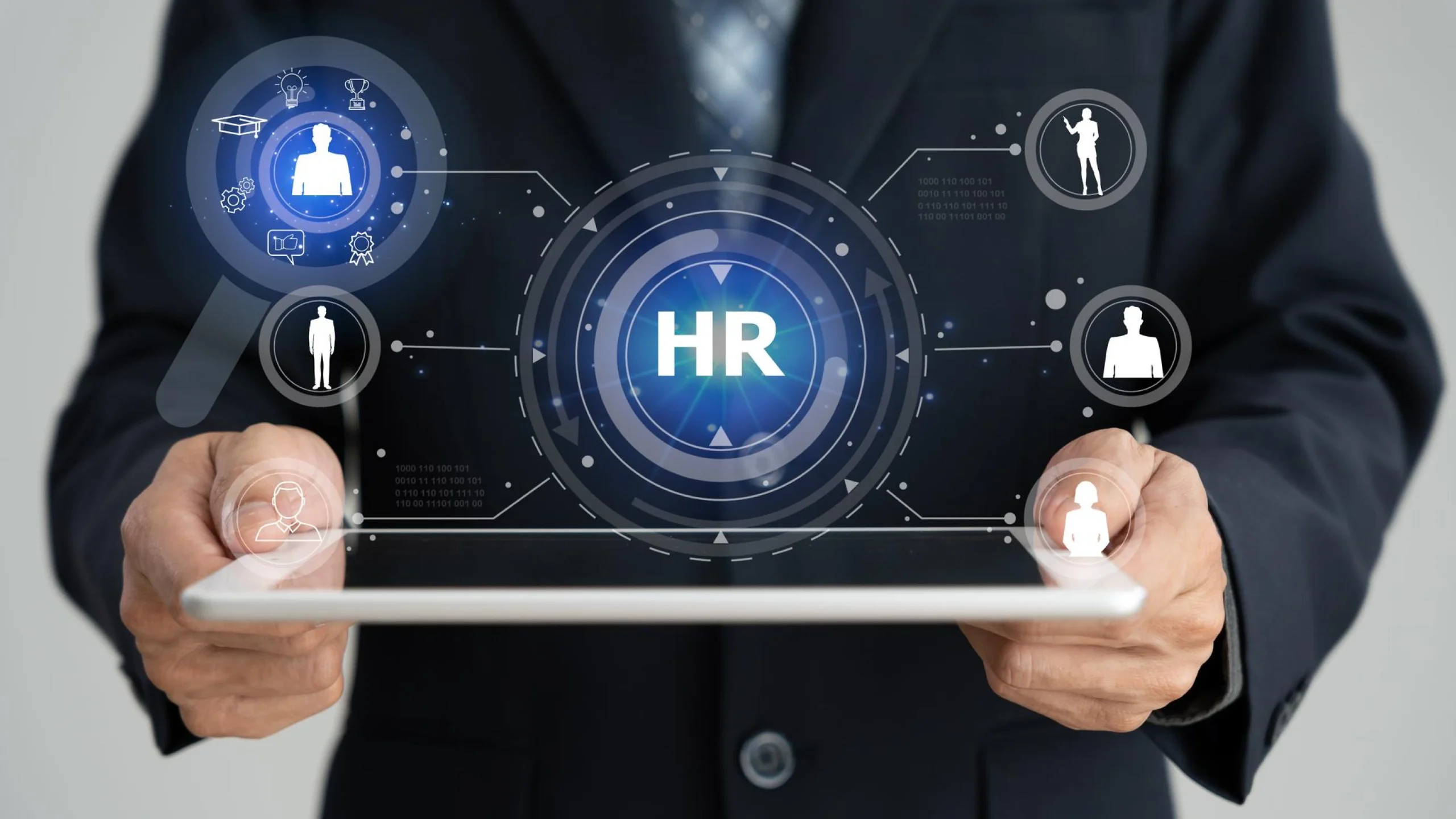HR compliance is an organisation’s commitment to the formal laws and regulations governing human resources.
This includes recruitment processes and employee benefits, ensuring that every HR practice aligns with local and international labour laws.
By maintaining such compliance, businesses can sustain a harmonious workplace, enhancing corporate health, operational efficiency, and overall workforce satisfaction.
One key aspect of HR compliance is the balance between legal adherence and ethical HR practices. This means not only following the letter of the law but also fostering a workplace culture that values transparency, inclusivity, and fairness.
Companies that prioritise compliance can avoid legal pitfalls and fines, protect their reputation, and build trust within their workforce.
In an era rife with legal complexities and evolving laws, implementing robust compliance measures and employing solutions like MiHCM’s suite of HR products, which ensure adherence to local and international labour statutes, becomes vital for any organisation.
This not only helps in mitigating potential legal issues but also enhances strategic HR decision-making and operational transparency, setting up your business for success.
Legal ramifications
Any form of non-compliance with HR regulations invariably exposes companies to serious legal repercussions. At the forefront are hefty fines and sanctions that could financially burden even well-established organisations.
Regulatory bodies are vigilant and firms that fail to meet legal standards are likely to face penalty actions that could exhaust company resources. Moreover, the cost of defending against lawsuits or settling legal disputes escalates rapidly, adding to the financial strain.
Beyond financial setbacks, the non-compliance in HR practices leads to a compromised understanding of legal rights and obligations among employees and employers alike. Such misunderstanding can breed mistrust and resentment, further exacerbating legal issues and complicating workplace dynamics.
Therefore, for businesses, maintaining HR compliance is vital not only to dodge fines but also to uphold the integrity of employment standards within the organisation.
Financial and reputational risks
The financial toll of non-compliance does not end with legal fees and penalties.
Organisations risk tremendous financial liabilities, including the potential for class-action lawsuits and cumulative damages, which can be particularly detrimental for small to medium-sized enterprises.
Aside from direct financial losses, non-compliance can indirectly affect profitability through increased insurance premiums and loss of business opportunities.
Moreover, the reputational damage may be even more costly than financial penalties.
Businesses often rely heavily on reputation for stakeholder trust and customer loyalty. A single breach of HR compliance can resonate across media channels, painting the business in a negative light, and eroding public confidence.
In today’s digital age, where information spreads rapidly, reputational damage can occur swiftly and significantly.
A loss of employee trust further compounds this problem, resulting in high turnover rates and difficulty in attracting new talent. These risks underscore the importance of creating a robust HR compliance framework.
Addressing HR compliance with seriousness is not merely a legal obligation but a strategic necessity. By ensuring compliance, businesses can safeguard against crippling financial penalties and bolster their market standing by fostering a transparent and trustworthy organisational culture.
Maintaining HR compliance

Maintaining HR compliance is paramount for businesses, offering a multitude of advantages:
- Operational efficiency: By ensuring compliance, organisations streamline HR processes, improving overall efficiency. Automation of compliance tasks through tools like MiHCM optimises workflow, enabling HR professionals to manage workforce activities effectively.
- Employee satisfaction and retention: Adhering to compliance standards ensures that employees’ rights are upheld, fostering a fair and equitable workplace. This boosts morale and aids in retaining top talent by providing a transparent and just workplace culture.
- Fair and equitable practices: Compliance ensures that all employees are treated equitably, promoting a culture of fairness and non-discrimination. This alignment with ethical standards reinforces employees’ faith in the organisation, contributing to a positive work environment.
Moreover, HR compliance necessitates effective employee lifecycle management, including recruitment, onboarding, development, and separation. Employing comprehensive HR software like MiHCM aids in ensuring compliance across the entire employee lifecycle, supporting robust workforce management.
In addition to safeguarding against legal challenges, HR compliance empowers organisations with analytics capabilities for better decision-making.
These insights enable businesses to anticipate and respond to workforce trends, predict absenteeism, and enhance diversity and inclusion efforts. By transforming your workplace with HR analytics, you can drive strategic initiatives that align with corporate goals and ensure a sustainable competitive advantage.
Ultimately, maintaining HR compliance is not merely about adhering to laws, it’s about building a foundation for a thriving, equitable, and efficient workplace. By leveraging the capabilities of modern HR solutions, organisations can transform compliance from a necessity to a strategic asset that supports long-term business success.
Embracing modern HR software solutions

Advanced HR platforms, such as MiHCM, offer comprehensive solutions to help businesses maintain compliance with local labour laws.
These platforms come equipped with automated compliance checks and updates to ensure that HR policies are always aligned with current regulations.
By integrating such software, organisations can minimise the risk of legal repercussions and focus on optimising their HR operations.
Monitoring and updating legal standards
Keeping track of evolving compliance requirements is a daunting task. However, deploying specialised HR tools simplifies this process.
For instance, systems that automatically update HR policies based on new regulations can dramatically reduce the chances of oversight.
Moreover, these tools can alert HR managers about key changes, facilitating prompt action and ensuring continuous compliance with the latest laws.
Leveraging analytics for proactive compliance management
HR Analytics plays a pivotal role in proactive compliance management. By utilising predictive analytics, businesses can foresee compliance challenges and address them before they escalate.
This capability not only aids in regulatory adherence but also enhances decision-making processes.
MiHCM offers cutting-edge analytics tools that empower HR professionals to interpret data accurately and implement timely strategies to uphold compliance standards.
Ultimately, the integration of these tools fosters a compliant, efficient, and proactive HR environment.
Developing a compliance strategy

Ensuring your business adheres to all relevant employment and labour laws might seem daunting, but having a robust compliance strategy is key.
First, conduct regular audits and updates of HR policies to reflect any new regulations or changes in the law. This proactive approach will help you stay ahead of compliance challenges and demonstrate commitment to lawful practices.
Training and awareness play critical roles in compliance, as well-prepared employees and management are less likely to make costly mistakes. Implement ongoing training programmes focused on compliance topics like anti-discrimination, harassment prevention, and data protection.
Moreover, transparent and ethical employee relations processes are essential for maintaining HR compliance. Develop clear communication channels and establish policies that promote fairness and equity in the workplace, thus encouraging a compliant work culture.
| Best practice | Description |
|---|---|
| Regular policy audits | Review policies to ensure alignment with the latest legal requirements |
| Training programmes | Conduct regular sessions on compliance and ethics for all employees |
| Ethical practices | Foster a workplace culture that values fairness and transparency |
As businesses look to the future, leveraging HR tech will be key in crafting proactive HR compliance strategies.
By embedding compliance at the core of their operations, organisations not only safeguard against current risks but also equip themselves to handle future challenges effectively.
Ultimately, committing to strong HR compliance practices is synonymous with nurturing an ethical, efficient, and resilient business framework that positions companies for sustained success.



